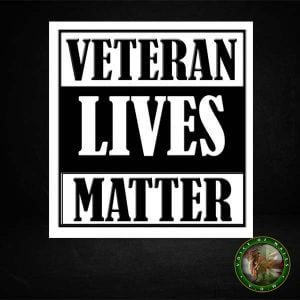
This FAQ is intended to help individuals understand their rights under the Equality Act 2010 (the Act) in light of the developing COVID-19 situation.
This mainly focuses on the requirement that an individual has to wear a face covering in most indoor settings
Who is exempt from wearing a face covering?
Official gov.uk guidelines state that the following do not need to wear a face covering:
- children under the age of 11 (Public Health England do not recommended face coverings for children under the age of 3 for health and safety reasons)
- people who cannot put on, wear or remove a face covering because of a physical or mental illness or impairment, or disability
- employees of indoor settings (or people acting on their behalf, such as someone leading part of a prayer service) or transport workers – although employers may consider their use where appropriate and where other mitigations are not in place, in line with COVID-19 Secure guidelines
- police officers and other emergency workers, given that this may interfere with their ability to serve the public
- where putting on, wearing or removing a face covering will cause you severe distress
- if you are speaking to or providing assistance to someone who relies on lip reading, clear sound or facial expressions to communicate
- to avoid harm or injury, or the risk of harm or injury, to yourself or others – including if it would negatively impact on your ability to exercise or participate in a strenuous activity
Further advice and template letters are available from www.equalityadvisoryservice.com

Exemption cards
If you have an age, health or disability reason for not wearing a face covering:
- you do not routinely need to show any written evidence of this
- you do not need to show an exemption card
This means that you do not need to seek advice or request a letter from a medical professional about your reason for not wearing a face covering.
However, some people may feel more comfortable showing something that says they do not have to wear a face covering. This could be in the form of an exemption card, badge or even a home-made sign.
Carrying an exemption card or badge is a personal choice and is not required by law.
Some people cannot wear a face covering for legitimate reasons. An exemption card is a way of showing this without needing to explain.
Here you can download a card to print out yourself. If you don’t have a printer there is an image version you can save to your phone. https://www.keepsafe.org.uk/card

What can you do about a disability hate incident or crime?
If you’ve experienced a disability hate incident or crime you can report it to the police. You can also report a hate incident or crime even if it wasn’t directed at you. For example, you could be a friend, neighbour, family member, support worker or simply a passer-by.
If you’re being repeatedly harassed by the same person or group of people, it’s best to report all the hate incidents you experience to help the police get the full picture.
When reporting the incident or crime you should say you think it was motivated by hostility or prejudice based on disability.
You can report hate crime directly to the police by calling 101, or 999 , online at True Vision (report-it.org.uk). True Vision also contains helpful information and guidance materials on disability hate crime and COVID-19.
1 Comment
Submit a Comment
You must be logged in to post a comment.






Can always count on you guys